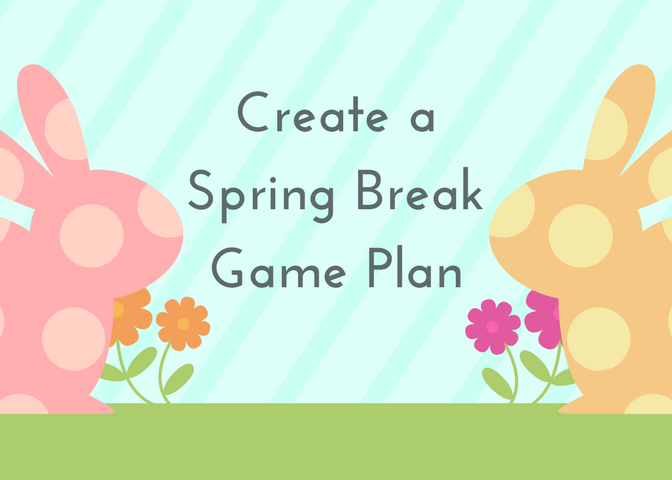Program rules dictate several situations when the host parents are required to cover an au pair’s transportation costs. Aside from those specific requirements there are some things to consider when deciding how to handle an au pair’s personal transportation.

Situations when host parents are responsible for the au pair’s transportation costs:
- To/from cluster meetings
- To/from classes (for the education requirement)
- When they are transporting the host children
What are some ways host parents can pay for those required transportation costs?
- By providing car use and paying for the cost of gas in those situations
- By giving an allowance for Metro or bus fare
- By giving an allowance toward Uber/Lyft
- By paying for bike share
Who is responsible for an au pair’s transportation in her free time?
- If an au pair has car use, it would be reasonable for the host parents to ask her to pay for the gas used for personal car use.
- If the primary use of the car are things host parents will cover (host parent use, transporting the children, au pair classes and cluster meetings) then normally host parents will put in the gas or give au pair money to fill up the car and then ask her to replace the gas she’s using for personal time.
- If the car is exclusively used by the au pair, she can be responsible for filling up the car. Then host parents should calculate how much the au pair will use for the things they are responsible for (transporting the children, au pair classes and cluster meetings) and give her money to cover that each week.
- If no car use is provided and an au pair must rely solely on public transportation, many host parents will give a transportation allowance to help with those costs.
- If your au pair is relying on public transportation, would you feel comfortable having her walk home from metro or bus stop at midnight? If not, how can you help with that?
What factors should you consider when deciding how to handle personal transportation costs?
- Where do you live?
- Are you within easy walking and/or bike-riding distance to shopping and activities?
- Is car use provided?
- When host parents provide car use, that includes them covering the cost of car insurance and maintenance. So, it is fair to ask the au pair to pay for her own gas for personal use.
- If host parents are not providing car use, many will figure out how much they are saving by not paying for insurance and maintenance costs and offer that to their au pair as an allowance for public transportation (metro, bus, Uber/Lyft).
Other Things to Consider
- Au pairs are happiest when they are able to explore the area and make friends. This goes a long way to reduce homesickness and ensure a great cultural exchange experience. The more host parents can do to support this, the more successful their match will typically be.
- When car use is provided, be clear about any limitations. Is it okay to transport friends, take the car overnight, go on a road trip, drive to Baltimore or Ocean City? In what situations does she have automatic permission and when does she need to ask in advance?
- Every match is different. Transportation is only one aspect. Whatever works well for a host family and their au pair is what’s best (as long as the minimum program requirements are being met). Things like whether a host family is paying a higher stipend (over the regulation minimum), offering other benefits and driving the au pair to some places all may factor into how personal transportation costs are handled.
- Please discuss transportation plans for cluster meetings in advance. While participation in cluster meetings is not mandatory, it is strongly encouraged. Cluster meetings are important for an au pair’s overall cultural experience, making friends and getting to know her counselor. Lack of transportation to meetings should not be an impediment to those experiences.
If you have questions or concerns about how to handle transportation, reach out to your counselor to discuss.
Photo: Andrea Piacquadio

 Passover is the Jewish celebration lasting seven to eight days (seven in Israel, eight outside of it) that marks the freedom of the Jews from enslavement by the Egyptians. According to the Old Testament, the Jews, led by Moses, had requested freedom from the Pharaoh of Egypt but were denied. To punish the Egyptians, God sent the 10 plagues to Egypt to convince the Pharaoh to release the Jews. The last of these plagues, and the most devastating, was to kill the firstborn male in each Egyptian household.
Passover is the Jewish celebration lasting seven to eight days (seven in Israel, eight outside of it) that marks the freedom of the Jews from enslavement by the Egyptians. According to the Old Testament, the Jews, led by Moses, had requested freedom from the Pharaoh of Egypt but were denied. To punish the Egyptians, God sent the 10 plagues to Egypt to convince the Pharaoh to release the Jews. The last of these plagues, and the most devastating, was to kill the firstborn male in each Egyptian household. “Game plan” means a strategy for how you are going to accomplish something. In the case of keeping kids from getting bored and/or into trouble, the best way to prevent it is to keep them busy with safe, fun activities.
“Game plan” means a strategy for how you are going to accomplish something. In the case of keeping kids from getting bored and/or into trouble, the best way to prevent it is to keep them busy with safe, fun activities.